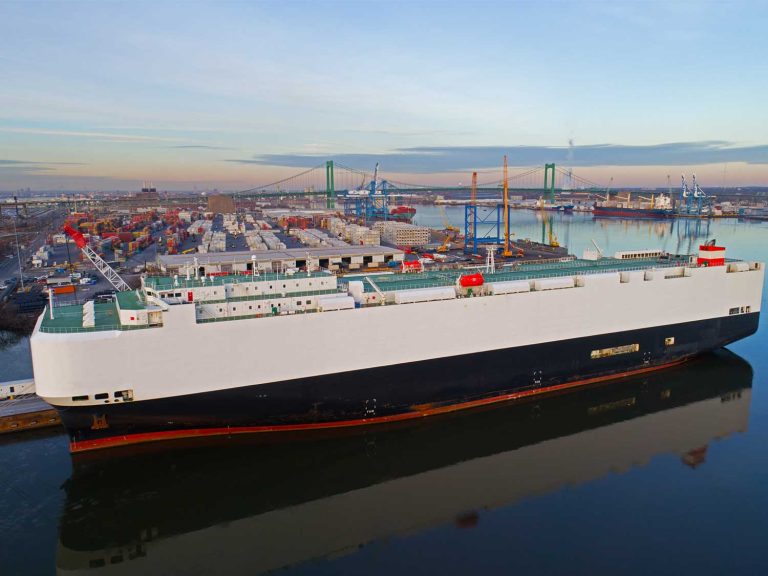
Date:
Automotive RoRo Market Steadies as Asian Exports Surge
The global car carrier sector is showing renewed stability as strong vehicle exports from Asia offset earlier trade uncertainty.
Recent tariff adjustments in the US and falling charter rates have created favourable conditions for major roll-on/roll-off (RoRo) operators, sustaining volumes and underpinning solid earnings through mid-2025.
In the second quarter, leading carriers reported record levels of Asian exports. One operator saw a 13% sequential rise to nearly 14 million cubic metres of cargo, while another posted a quarterly record of 2 million cubic metres, up 47% year on year.
The imbalance between rising Asian exports and weaker flows from Europe and the US is stretching capacity, driving operators to charter additional tonnage.
Charter rates have fallen sharply as new vessels enter the market, dropping from around $115,000 per day in early 2024 to $45,000 this summer for a 6,500-CEU ship. This decline has enabled carriers to secure short-term tonnage at competitive rates, either on single voyages or multi-month contracts, to match Asian demand.
Profitability also remains firm. One major operator posted a 28% increase in quarterly net profit to $403 million, supported by the sale of a logistics subsidiary, while another reported $123 million in profit on revenues of $367 million.
Long-term contracts continue to provide earnings visibility, with more than 80% of capacity for 2026 already secured under multi-year deals worth over $300 million.
Regulatory changes have also played a part in stabilising the market. A reduction of US vehicle import tariffs to 15% from higher levels has limited disruption to trade flows, while revisions to proposed US port fees cut one operator’s projected annual bill by more than half. Although carriers remain wary of longer-term cost impacts, current trading conditions remain favourable.
The current developments can be translated into positives for shippers in a few ways:
Falling charter rates: Even though capacity is tight ex-Asia, the sharp drop in charter costs means operators can add temporary capacity more affordably, reducing the risk of bottlenecks.
Strong long-term contracts: With over 80% of 2026 capacity already secured, shippers benefit from predictability and stability in service.
Tariff clarity: Lower US import tariffs and revised port fees reduce immediate cost pressures and smooth near-term trade flows, creating a more stable environment for planning.
Fleet growth: The influx of new-build vessels soften rates, boost overall carrying capacity and help to balance future trade imbalances.
For automotive shippers, recent market shifts bring opportunities as well as challenges. Lower charter rates and greater tariff clarity are helping to stabilise trade flows, while long-term carrier contracts ensure continuity of service.
Metro’s automotive logistics specialists understand the complexities of the RoRo market. We work with leading carriers to secure reliable capacity, design resilient supply chains, and optimise distribution from factory to dealer.
EMAIL Metro’s Automotive Team today to discuss how we can safeguard your vehicle flows and unlock efficiencies in your global logistics.
